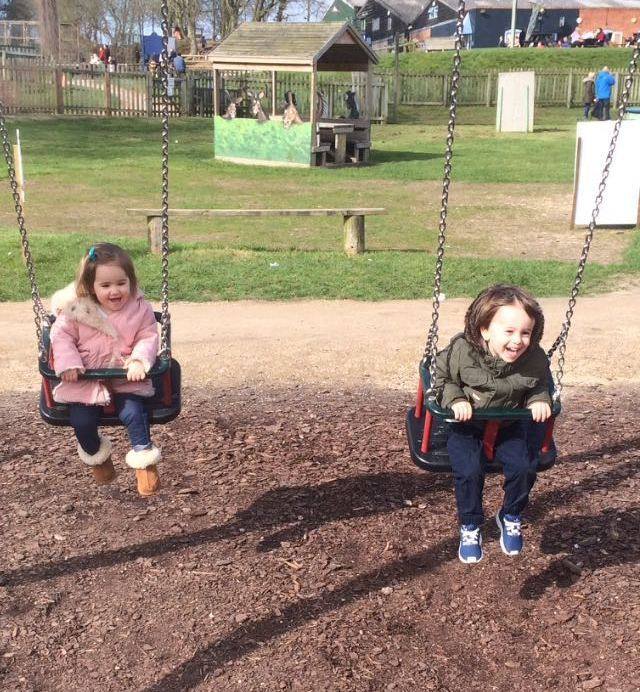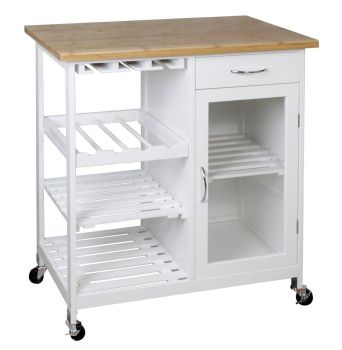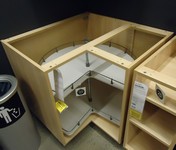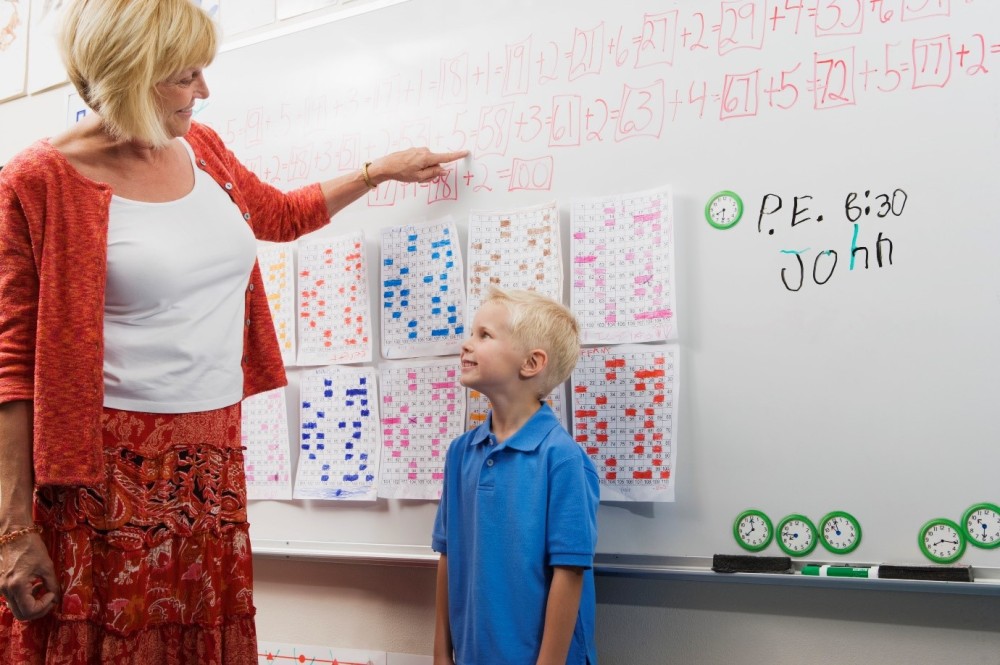After school selections a few weeks ago, we are now looking ahead to the SATS and I was chatting with some of my oldest friends last night about tutors and how they felt about tutoring their children.
There is no doubt that tutoring can be a brilliant way to pick up the pace of your child’s learning and it is becoming an increasingly popular choice with busy parents like me. Home tutoring is a booming industry worth an estimated £6.5 billion last year. 520,000 tutors during 2015 have educated more than 2.8 million children, across the age ranges demonstrating just how keen parents are to give their child a helping hand.
When my daughter sat her 11+ exam, I was adamant that she was wasn't going to have a tutor in order to get a pass on an exam into a school as I didn't want her to struggle throughout her school life, just because she had been coached for one particular exam but that said, I wonder on reflection whether a longer term tutoring plan may have been the way to encourage her abilities more.
There are a lot of benefits to following the tutoring route for your own child, and as a parent, the ability to choose the tutor is a major plus. Handing over my hard earned pennies gave me the ability to select a tutor that has an approach or personality that I know would suit my child best. Trying to find a tutor is just the starting point, so using a site like Tutor Hunt makes the whole process of locating tutors quick and easy. You can quickly identify a number of suitable tutors operating within your postcode. You can then message these tutors, and ask them any questions you may have. Unlike a child’s teacher at school, who you unfortunately can not pick and change, if it is not working for your child you can simply (but with kindness and compassion) find another tutor. I think that this more personal relationship enables you to be honest and clear with your own child’s tutor to enable them focus on what needs working on more intensively.
Following a recent parents evening, it is clear that at school, busy teachers may only be able to offer a token amount of private attention to your child if they need that all important reassurance to ‘get the idea’. Tutors are free from classroom constraints and so often have a real passion for learning that they can pass onto your child.
My daughter is a maths wizard, she just "gets it", whereas comprehension is something that she doesn't always "comprehend". So I have taken time to find a literary tutor for her that has wide experience and a real passion for the subject. Without doubt this has been infectious for my daughter and hopefully will capture her own interest and enthralment for the subject.

I think some of the main benefits for tutoring are:
- Fresh perspective on any topic your child is needs to cover.
- Diverse methods in teaching & dedicated time
- A tutor will be able to cover a great deal of detail in a small amount of time.
- Tutors can work at your child's specific pace and become familiar with your child's capability for learning and the technique that works best for your child
Let's be honest, each child is very different as all parents will testify too and the right tutor ought to be able to identify the individual needs of your child.
I know that sometimes we have looked at my daughters homework and questioned our own ability and children have the ability to ask dread fuelled questions of parents that you just don’t feel you can answer as your child gets older. At the end of a long day at work, I am also not a big fan of coming home to hours of homework help either, no matter how much I want her to suceed. A tutor can supply all the answers that my daughter needs and gives her the tools to find the answers for herself.
My daughter isn't always the strongest of characters but in one to one sessions, shy children can be empowered to ask questions. Many children can be too shy to ask questions in class and may then miss out on their learning. Another of the benefits of a tutor is that they can recognise when a child's attention span in a one-to-one setting is wavering more obviously. Tutors have the luxury of being able to spend a minute or two considering something else or having a break to reset the clock to a degree that your child will be able to get back on track rapidly.
So my conversation with my friends concluded in my admissions that I have had a change of heart about tutoring, after weighing up the costs to us as a family against the benefits she will get as an individual, tutoring most defiantly has numerous benefits for children’s learning in the long term. I just wish that I had looked at it this way sooner.
Has your child had any tutoring? Did you see the benefit?


















